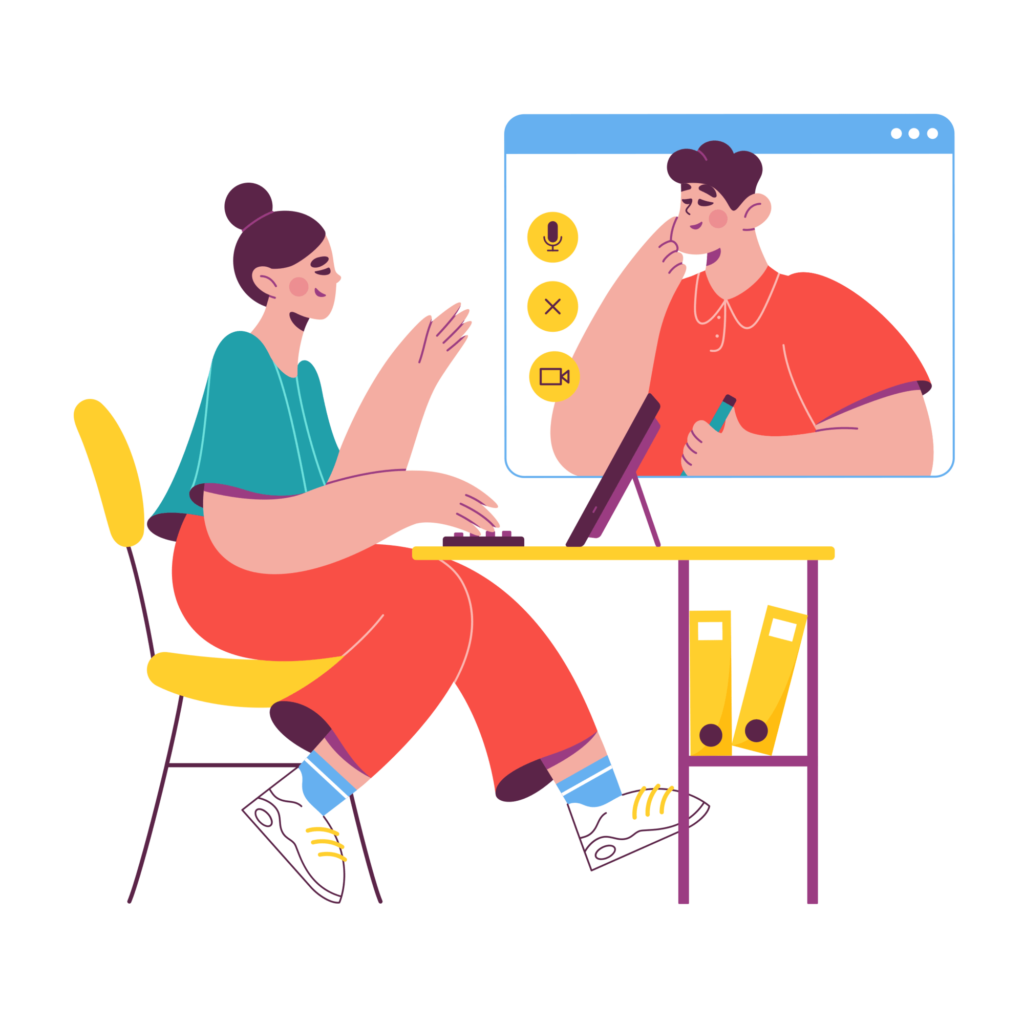
The next shake-up for remote hiring: AI video interviews
“For the times they are a-changin”
Bob Dylan’s anthem released in the 1960s continues to hold true, albeit in a different context in business processes. Recruitment has undergone a transformation too, with video interviewing becoming commonplace. Of course, there are several benefits of video interviews for both employers and candidates. Time and cost savings and access to a wider talent pool in remote locations are some of the reasons that video interviews continue to be popular. Besides, video interviews can be recorded, giving companies the opportunity to ensure that the process was fair and consistent. From the candidate perspective, video interviews offer both convenience and comfort and let people interview for positions in different cities and even countries.
For video interviews to be conducted successfully, the process needs to be transparent and have clear communication. Dos and don’ts are necessary for both interviewers and interviewees. For instance, it would be mandatory to sit in a quiet place without interruptions, with good internet connectivity and a decent camera. Candidates need to put their best foot forward, just as with face-to-face interviews. And, in changing times, candidates need to be able to impress not just a remote human but also, most likely, a machine. With the ongoing talent war, companies are increasingly leveraging Artificial Intelligence (AI) for various recruitment processes, including faster screening via video interviewing. The first round of screening may be via automated or one-way video interviews, wherein candidates record responses to questions and are evaluated by an algorithm. While live or synchronous interviews, say on Zoom or Google Meet, will continue to be the mainstay for the final selection, the initial interviews for screening candidates could be AI video interviews.
Why AI video interviews are becoming popular

In AI-enabled video interviewing, candidates access the hiring platform and record their responses to interview questions. Once the interview is completed and uploaded, the responses are analysed by the AI-based hiring software for several aspects such as body language, facial expressions, voice modulation, verbal abilities and several other parameters considered important by the company. The analysis is then compared with the company standards for recruitment and conclusions are drawn based on the results. There are several benefits of AI video interviews.
For one, companies are hard-pressed to find top talent and are using AI to stay ahead in talent scouting. One-way video interviews help companies do a quick shortlisting of talent. Narrowing down candidates is a multi-step process. Automated screening of resumes may be the first round. The next logical step in the hiring process could be one-way video interviews, giving companies further insight into candidate matches for the specific position or role. Using AI-driven video interviewing software greatly speeds up the process, besides offering the convenience of scheduling for both candidates and employers. In scenarios such as campus recruitment that involve high-volume hiring, AI video interviews can be a game changer in terms of time, cost and efficiency. Besides, the pre-recorded interviews can be stored in archives for a specific period of time, as may be required by the rules and regulations of the company. AI video interviews offer the benefit of data-driven decision-making, reducing the possibility of unconscious bias based on ethnicity, gender, age and so on. Consistency is another plus. All candidates interviewing for the position receive similar questions, resulting in a fair evaluation.
Artificial intelligence is a rapidly evolving field, with several concerns regarding ethical usage. In recruitment too, the same concerns persist. Ultimately, the AI software is only as good as the training data. For instance, it is important to ensure that the AI video interviewing software does not reinforce any discriminatory practices due to the lack of appropriate training data.
Misinterpretation of facial expressions due to scarring, disabilities and so on is another concern. Companies need to ensure that AI video interviews do not reinforce stereotypes that result in unfair decisions. Human intervention is required at all crucial decision points to ensure that there is no violation of anti-discrimination laws. Also, data analytics and dashboards will help highlight any anomalies.
The AI-based video interviewing platform should also comply with data privacy and security requirements as mandated by local laws. HirePro offers a comprehensive and impersonation-proof video interviewing platform with both live and asynchronous interviews. By ensuring an equitable and secure experience for candidates, companies can combine AI video interviews with existing recruitment processes to improve talent acquisition efficiency.
“And admit that the waters around you have grown,
And accept it that soon, you’ll be drenched to the bone… For the times they are a-changin” — Bob Dylan